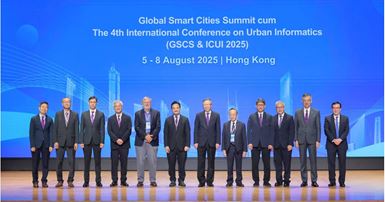
PolyU hosts Global Smart Cities Summit cum the 4th International Conference on Urban Informatics and unveils Smart City Index 2025
6 Aug, 2025
Publicities
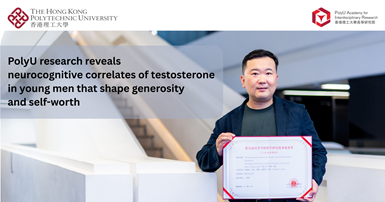
PolyU research reveals neurocognitive correlates of testosterone in young men that shape generosity and self-worth
4 Aug, 2025
Research Results

Uncertainty posed by AI: Geospatial science pioneer Prof. Michael GOODCHILD dissects past, present and future
1 Aug, 2025
PAIR Distinguished Lecture Series
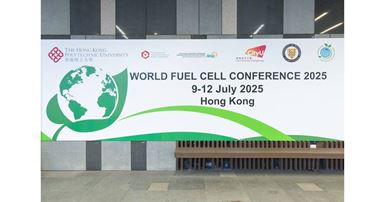
World Fuel Cell Conference 2025 successfully held
29 Jul, 2025
Research Institute / Research Centre Seminars
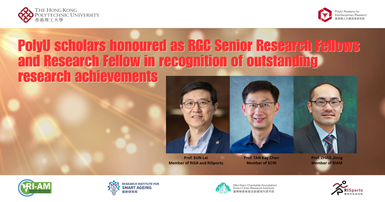
PolyU scholars honoured as RGC Senior Research Fellows and Research Fellow in recognition of outstanding research achievements
25 Jul, 2025
Awards & Recognitions
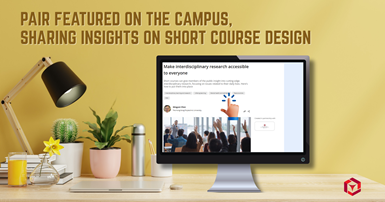
PAIR featured on THE Campus, sharing insights on short course design
23 Jul, 2025
Publicities

PolyU launches advanced education programme, offering short courses to keep learners abreast of sci-tech developments
17 Jul, 2025
Publicities
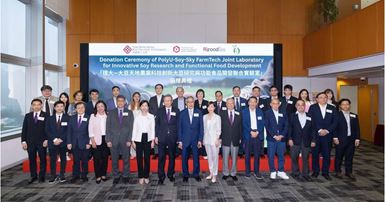
PolyU and Soy-Sky FarmTech establish joint laboratory for innovative soy research and functional food development
17 Jul, 2025
Funding & Donations
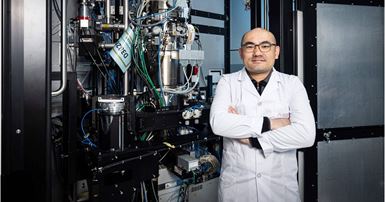
PolyU researchers unveil novel strategy to achieve both strength and toughness in 2D materials design, advancing applications in electronic and photonic devices
16 Jul, 2025
Research Results
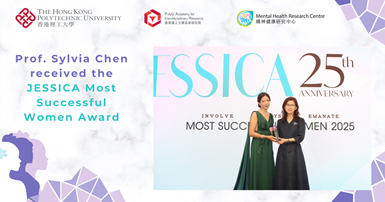
Prof. Sylvia CHEN receives JESSICA Most Successful Women Award
7 Jul, 2025
Awards & Recognitions


